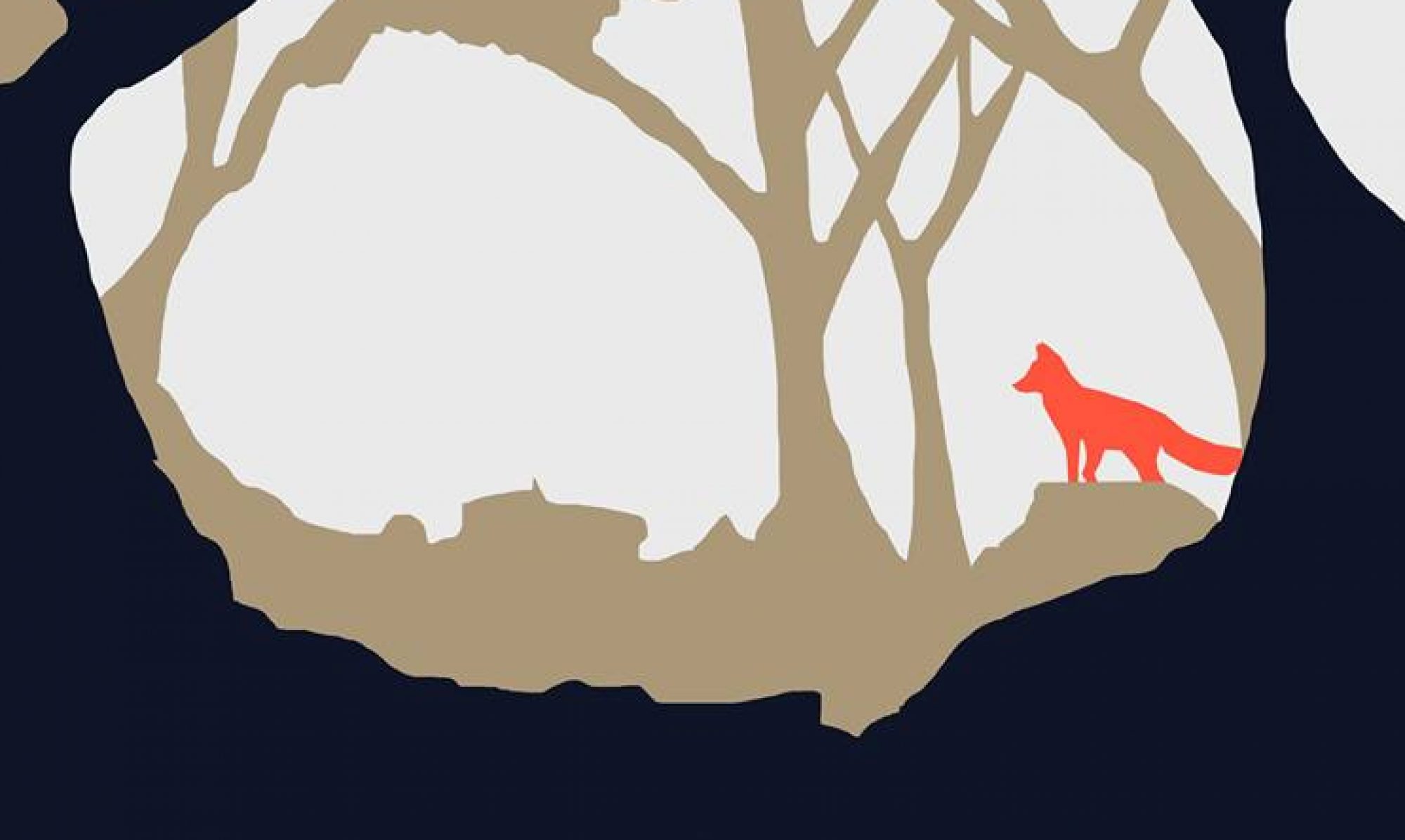For me, places are just as important as characters. When I presented on creative writing in Bolivia for Partners of the Americas, I created an activity for everyone in the room to describe their home town if their home town was a fictional character. Would it be a man, woman, child, or animal? What were its likes and dislikes? So on and so forth. It was a fascinating experiment, as most people created similar characters based on their shared experience of the place. It was a wonderful realization of how we communicate and feel. Places can be people and people can be places.
I knew early on that I wanted the book’s pacing to be based on where the story psychically took place. Every chapter would be the next location. I have traveled a lot in my life, and that may have influenced this kind of idea. I liked the idea that you could flip to a map and see yourself travel along with the character. Organizing the chapters according to place would make that easy. The book is not just a character’s name, but an action. To “wander” is to explore, and that had to be a focus.
My inspiration was a bit quirky. I was inspired by a video game series, “Dragon Age.” Video games have a way of world-building that no other medium has, a way where you can actually collect books and letters within that world and read them. So you do not only experience the story within the game, but you can read literature from within that world. This includes letters, plays, historical records, fiction, and so much more that can shape the fictional world you are already in.
Writers are starting to tackle this in their own way by writing books within their fictional worlds that are published separately. Not all of us have time for that though. So instead I wanted to include just a small quote at the beginning of every chapter, taken from literature within Awei. I loved the idea because it gave a sense of a grander view of the environments. After all, Wander will see the world in very specific ways, but what has already been said about these ancient forests and upscale palaces? It’s those small details that give the places so much more life.
As for creating specific places like the Emerald Wilds and Sollast, all have a unique birth story. Tying them all together is a love of imperfection. I do not ever want to write about paradise. If I do, there has to at least be a dark and horrible secret anyway. It takes my belief that people are like places and places are like people. People are immensely imperfect, and so must be places. They need to be uncomfortable, haunted, or dangerous. If not the place itself, then the people who are a part of the place whether it be their ignorance, bigotry, or violence. If one thinks a place is perfect, then I would say they do not know everything about it.
So Awei is a land filled with imperfections. The Emerald Wilds are dangerous, Dem hates outsiders, Heathcliff’s people are mostly cruel to Wander, the Moonflower Palace is beautiful but not accessible to those who are born a certain way, Sollast is pro-slavery of wind-borns, and the Western Isles are wrought with extreme climate conditions. No place or person that is right enough to deserve authority and yet authority still exists because that is how worlds often work.
In terms of naming places, a lot were utterly random and in the moment like Fort Ben, Dem, the Crescent Rest, and the Western Isles. Few had actual thought behind them. The Emerald Wilds and Winged Graves were actually inspired by places in the game franchise “Dragon Age” where they have two places called “The Emerald Graves” and “The Korcari Wilds.” For Sollast, I kept thinking of a “city of lost souls” so I just dumbed down “soul” and “lost” and put them together.
For Awei itself, I just considered the word “Away.” After all, it is a work of fantasy. Fantasy is about escapism. Reading is escapism. In many ways, my writing is escapism. So I just kept thinking “Away” and that evolved into Awei. Awei’s map was made by my best friend Vin, which was very special. He has been listening to my stories since elementary school and I always wanted him to have some part if I was ever to publish my own book.
So that’s all I have to say about Awei for now. Thank you Wanderers and feel free to email me at theaweiseries@gmail.com if you have questions.
